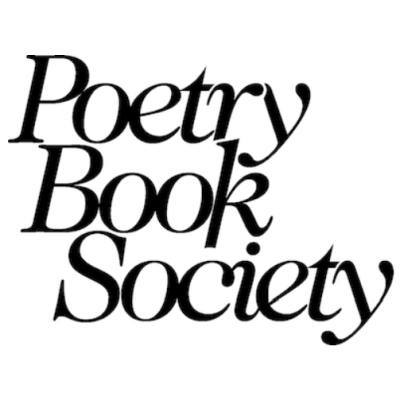The Diet of John the Baptist
In the desert he eats mostly
honey, and wild locusts
with their legs folded together
under them.
At school, he sits
three desks away from the Messiah
who slumps, head bent, beneath the sign,
in case of fire.
In the desert he is heated
by the sun like a specimen,
and longing floats off him
unspeakable, prim.
In Double Science, he is told off
for daydreaming. The Messiah
smokes out alone beyond the football pitch,
cupping the red spot in his hollowed hands.
In the desert he wears a camel-hair coat,
quite spruce. You look fucking
boiling in that, mate, says the Messiah,
bending to kiss another boy behind the bins.
They bow together
over an ox heart’s complicated tubes.
It’s ten to three; the lab smells bright
with acetone.
In the desert, the sand says suffer,
suffer. Yet the Messiah touches
one gloved hand to the meat and says,
look there, the aorta.
The Messiah brings butter and honey
to school in Tupperware.
He offers John a dripping comb –
exalt, he says. We’re back on, yeah?
In the desert, water comes
running past his legs.
Locusts proceed along the skyline
sanguine, tame.
Harriet David has been published in Fish Anthology (2017) with her poem ‘The Station Fire’, the Winchester Poetry Prize Pamphlet, as part of the 2018 Longlist for her poem ‘Eelcakes’, and The Mays anthology.
Carol Ann Duffy said: 'The diet of John the Baptist’ by Harriet David also has a narrative quality – you’ve probably noticed that many of the poems I’ve chosen tell a story. This poem impressed itself on me the very first time I read it. I love the radical idea of reframing Jesus and John the Baptist as friends at a boys’ school, and using these biblical characters to explore themes of masculine affection and loyalty.
